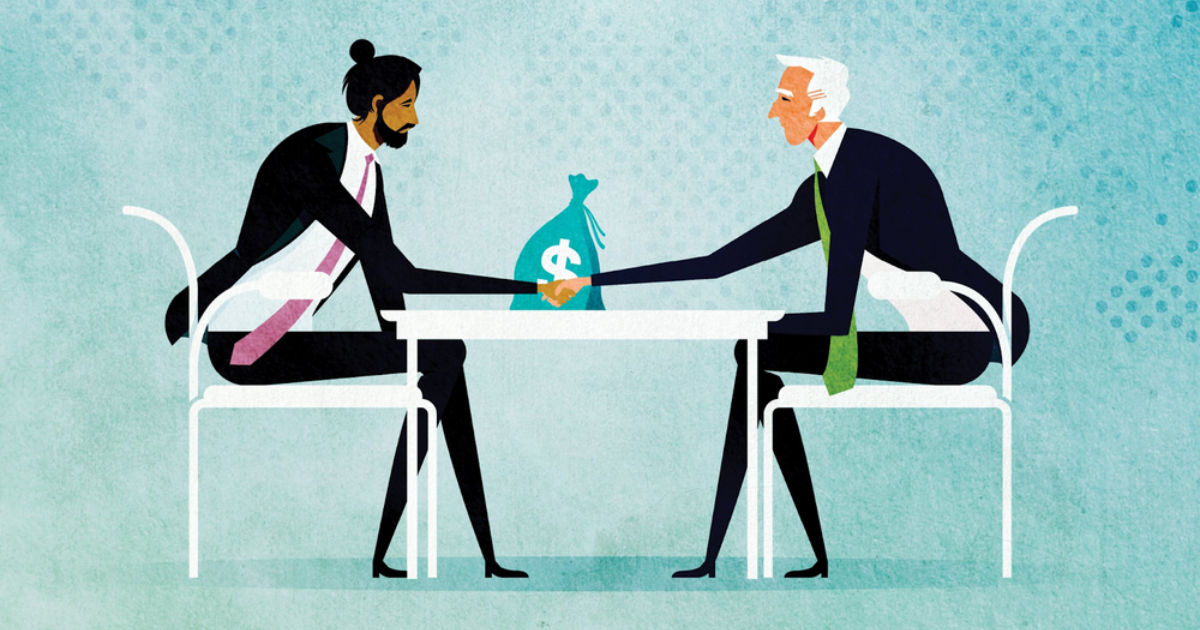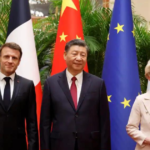The recent corruption scandal in the European Union has sent shockwaves throughout its political institutions. The scandal involves former European Parliament Vice President Eva Kaili, who, along with three others, has been charged by Belgian prosecutors with “participation in a criminal organisation, money laundering and corruption.” The allegations against her involve accepting bribes from Qatar, which led to her being stripped of her political affiliations and vice presidency.
The scandal has raised questions about the effectiveness of existing anti-corruption measures in the EU. Experts are pointing out that the complex and entrenched policymaking in the EU makes it easier to buy influence. Jacob Kirkegaard from the German Marshall Fund has stated that “You can buy a vice president of the European Parliament for €600k! Are they really that cheap?” He further noted that the scandal involving Eva Kaili indicates that the measures and processes the European Parliament has in place have no deterrent effect.
So, what measures are currently in place in the EU to prevent corruption? The EU has a database in which NGOs, lobby groups, consultants, charities, and other organizations wanting to influence lawmaking must register. All those listed in the Transparency Register are required to declare their budgets and any donations above €10,000 for NGOs. However, Fighting Impunity, the NGO at the heart of the current corruption scandal, is not on the register.
The scandal has brought to light the loopholes in the system. The European Parliament refused to apply the principle of “strict conditionality” attached to the Transparency Register in 2021, which would have forced them only to meet with registered lobbyists. This decision has been criticized by experts who argue that mandatory registration and disclosure requirements will be burdensome for smaller actors, such as NGOs. Nevertheless, there is pressure on the European Parliament to fall in line with the “conditionality principle” in the wake of the scandal.
In response to the scandal, European Commission President Ursula von der Leyen has called for an ethics body to oversee all EU institutions. She stated at a press conference in Brussels that “We have one with very clear rules internally in the European Commission, and I think it is time to discuss where we could establish this overall for all EU institutions.”
MEPs also enjoy diplomatic immunity to carry out their political work without fear of prosecution. According to a Protocol on privileges and immunities of the EU, they cannot “be subject to any form of inquiry, detention or legal proceedings in respect of opinions expressed or votes cast by them in the performance of their duties.” However, immunity is not valid when a member is found in the act of committing an offense. In this case, prosecuting judges in Belgium have not asked for the immunity to be lifted.
The corruption scandal has brought to light the need for stronger measures to prevent corruption in the EU. It is hoped that the scandal will lead to reforms that will increase transparency and accountability in the EU’s political institutions.






